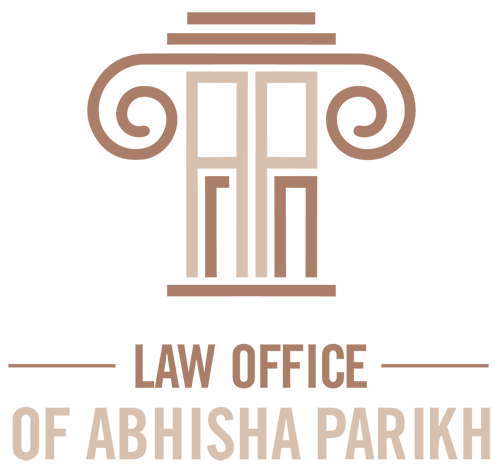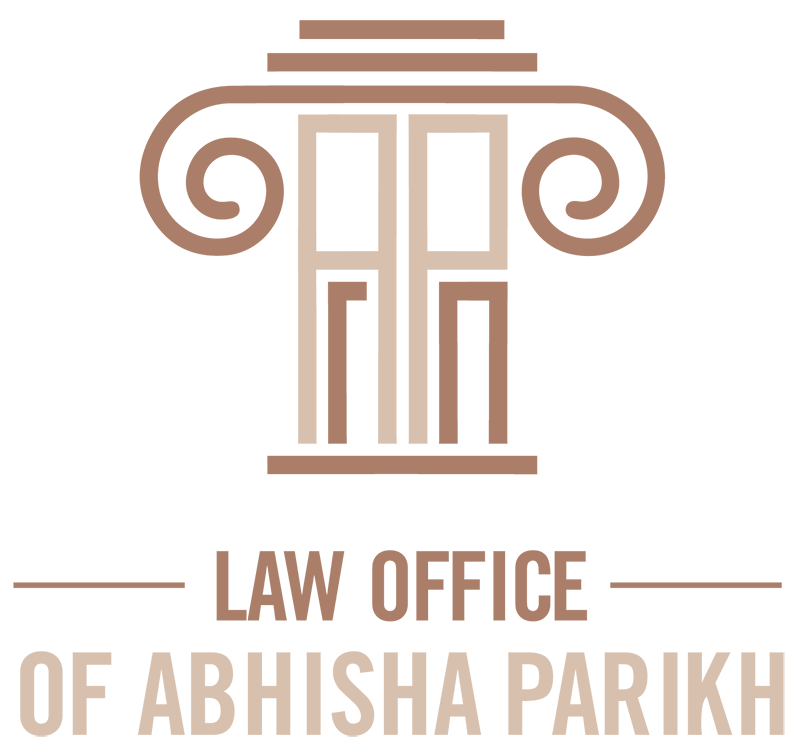Understanding H-1B Visas: A Complete Guide
H-1B visas allow U.S. companies to hire international professionals in specialty occupations – jobs that require specialized knowledge and at least a bachelor’s degree. As a foreign professional seeking to work in the U.S., this visa category opens opportunities in technology, engineering, science, medicine, and business administration while protecting your rights and wages.
How H-1B Visas Work
A specialty occupation requires theoretical and practical knowledge in fields like IT, engineering, medicine, or other disciplines where a bachelor’s degree is the standard requirement. Your prospective employer must sponsor your H-1B petition, as self-petitioning isn’t permitted.
Your initial visa remains valid for three years and can be extended for another three years, giving you up to six years of work authorization. The program includes strict wage requirements and labor protections to ensure fair treatment.

Key Requirements for H-1B Visas
The H-1B visa program maintains high standards for both applicants and employers to protect workers and preserve program integrity. Learn more about H-1B petitions.
Educational Qualifications
Education requirements help ensure H-1B workers bring essential expertise to U.S. employers. You must hold at least a bachelor’s degree or equivalent in your specialty field. While some positions accept documented work experience instead of formal education, this experience must be evaluated by a recognized credentials service.
Employer Obligations
Your employer plays a vital role in the H-1B process by meeting specific requirements. They pay your prevailing wage based on your role and location, file a Labor Condition Application, and submit Form I-129 to USCIS. Companies maintain detailed records of wages and working conditions in public access files.
The H-1B Application Process
Starting in March 2024, USCIS implemented a modernized H-1B registration process. Your employer first registers you electronically during the annual filing period. If selected, they’ll submit a complete petition on your behalf.
The process timeline aligns with the federal fiscal year. March registrations target October start dates, making advance planning essential for both you and your employer.
H-1B Visa Cap and Lottery System
Each fiscal year, USCIS allocates 65,000 regular H-1B visas plus 20,000 for advanced degree holders from U.S. institutions. The electronic selection process now uses valid employer identification to prevent fraudulent registrations.
Universities and nonprofit research organizations remain cap-exempt, allowing year-round H-1B filings regardless of annual limits. This exemption creates additional opportunities if you’re pursuing academic or research positions.
Benefits of H-1B Status
Understanding H-1B benefits helps you plan your professional future in the U.S. This dual-intent visa allows you to pursue permanent residency while maintaining temporary status. Your spouse and unmarried children under 21 can join you with H-4 dependent visas.
You can change employers through H-1B transfers, giving you career flexibility. If you’re pursuing permanent residency, you may qualify for extensions beyond six years under specific circumstances.
The Law Office of Abhisha Parikh can help you secure your H-1B visa. Our team has helped hundreds of professionals obtain work visas and represents both companies and individuals throughout the application process. Book your consultation today to discuss your H-1B visa options.
Frequently Asked Questions
Can I apply for an H-1B visa on my own?
No, an employer must sponsor your H-1B petition. You cannot self-petition for this visa category.
What happens if my employment ends?
You have a 60-day grace period to find another employer, change to a different visa status, or leave the U.S.
Can my spouse work while I’m on an H-1B visa?
Spouses receive H-4 status and may be eligible for work authorization if the H-1B holder is pursuing permanent residency.
How long does the H-1B process take?
Regular processing typically takes 3-6 months. Premium processing is available for an additional fee, providing a response within 15 calendar days.
Can I study while on an H-1B visa?
Yes, H-1B visa holders can study part-time or full-time without obtaining a student visa.
What is the minimum salary requirement?
Employers must pay either the prevailing wage or the actual wage paid to similar workers, whichever is higher.
Can I start working as soon as my H-1B is approved?
If you’re already in the U.S. in valid status, you can begin working once the H-1B is approved. If outside the U.S., you must first obtain an H-1B visa stamp from a U.S. consulate.

